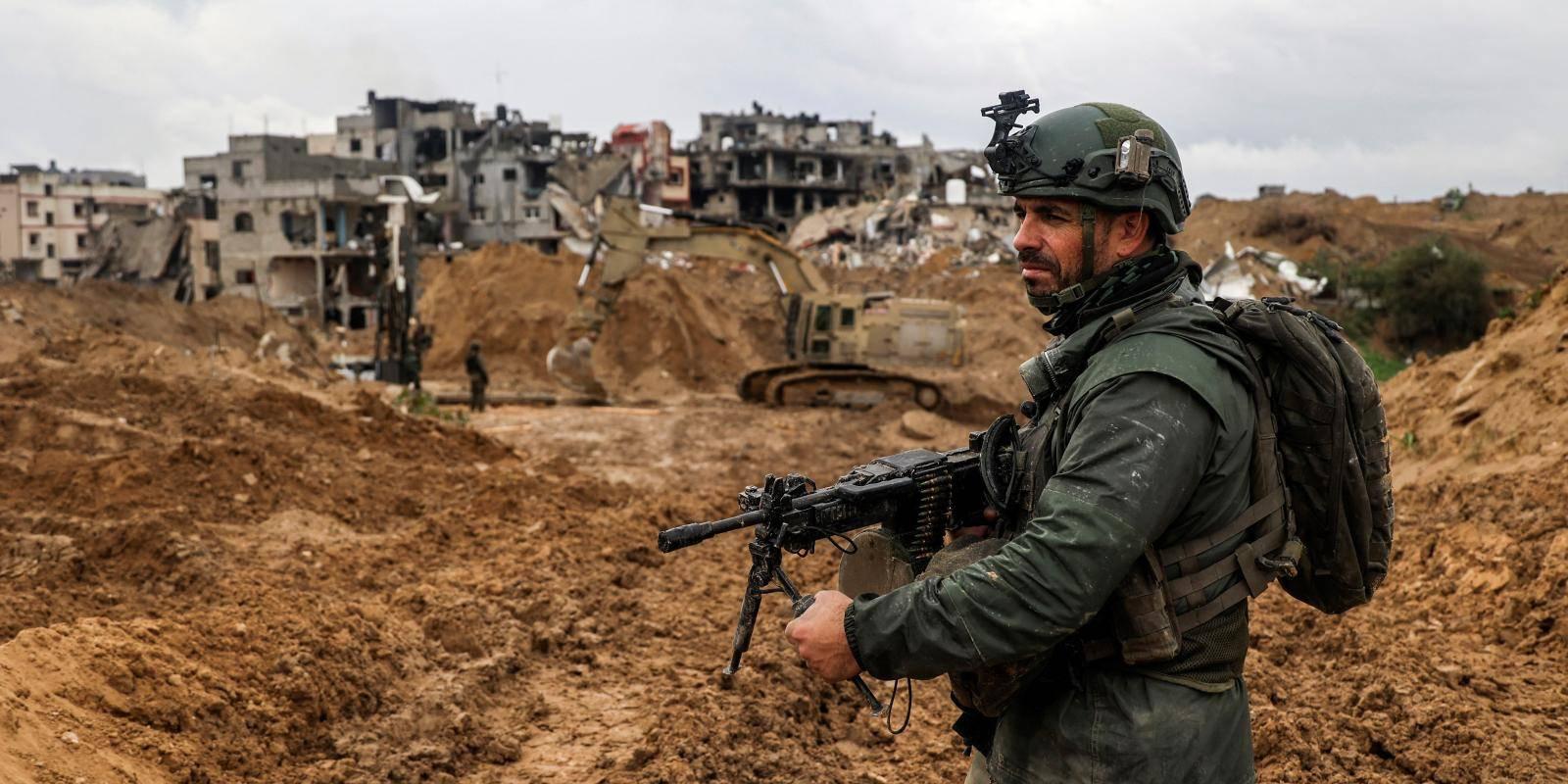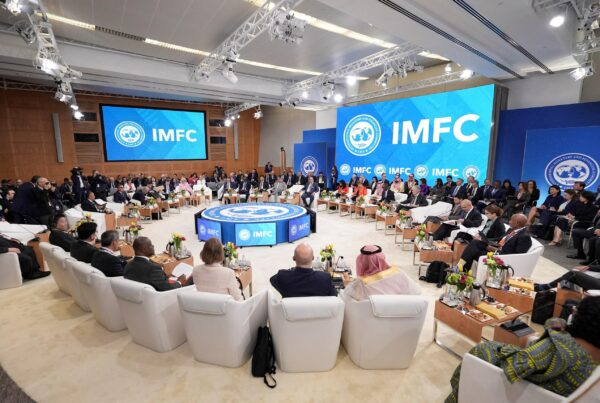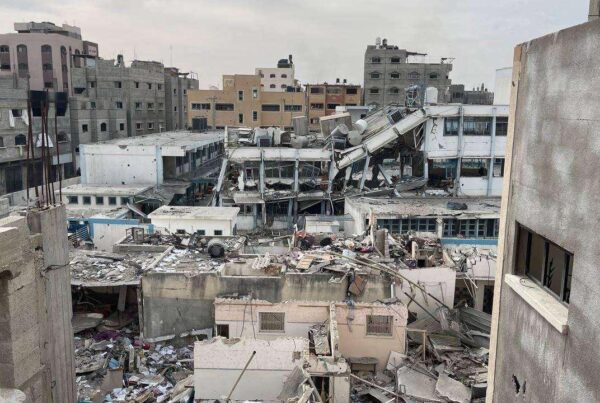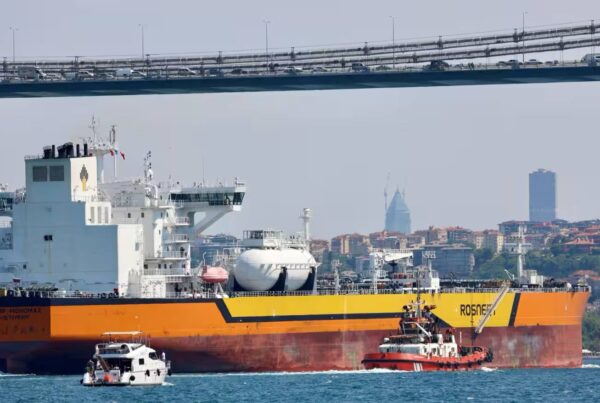The Israel-Palestine conflict, which has lasted for over seven decades, has escalated in recent years, particularly after Israel’s attack on Gaza in October 2023. The tensions in the region involve not only the two nations at war but also affect global dynamics, including diplomacy, economics, and human rights. In this context, many countries and international organizations have become involved, either by supporting one side or by attempting to mediate the conflict.
Global Impact of the Israel-Palestine Conflict
This long-standing conflict has had a significant impact on international policy. Major countries such as the United States, Russia, and European Union members play a crucial role in determining the path to resolution. On one hand, the United States consistently supports Israel, while many countries in the Middle East, Africa, and most of the world tend to support Palestine.
However, despite these differing policies, there is global agreement on the need for a fair and lasting peace solution. The success of a two-state solution, where Israel and Palestine can coexist peacefully and securely, remains the hope of many nations. However, this resolution is often hindered by complex issues, such as the status of Jerusalem, disputed borders, and the rights of Palestinian refugees.
Additionally, Israel has faced increasing international criticism for military actions deemed violations of international humanitarian law. Countries such as Spain, France, and Turkey have strongly condemned Israel’s actions, with some even considering further investigations into alleged war crimes.
The Role of the UN in Addressing the Conflict
As the international organization focused on world peace, the UN plays a critical role in de-escalating the tensions that arise. The UN Security Council is often caught in internal debates about the best way to address this crisis. Although resolutions have been passed to end Israel’s occupation of Palestinian territories, many member states continue to push for further actions, such as sanctions on Israel or the provision of humanitarian aid to Palestine.
The UN is also involved in providing aid to conflict victims in Gaza and the West Bank. Organizations such as UNRWA (United Nations Relief and Works Agency) play a vital role in providing humanitarian assistance to Palestinian refugees, whose numbers have increased dramatically due to the escalation of the conflict. These aid efforts face numerous challenges, particularly related to security and restrictions imposed by Israel.
Global Reactions to the Conflict and Its Impact
Many countries around the world are beginning to recognize that a long-term solution to this conflict requires commitment from both parties and strong support from the international community. Countries such as Indonesia and Malaysia, with large Muslim populations, have voiced their solidarity with Palestine, while European nations such as France and Germany often push for a more pragmatic solution through diplomatic channels.
However, despite efforts from many sides, peace efforts appear to be at an impasse. One of the greatest challenges is the increasing mistrust between the two sides, which further complicates the situation on the ground. Israel, which has strengthened its occupation with settlement policies, often sees negotiations with Palestine as a threat to its nation’s survival, while Palestine feels marginalized in peace processes that frequently favor Israel.
The Way Forward
The impact of the Israel-Palestine conflict on global politics and diplomacy is evident. Major nations will continue to influence policies and search for a middle ground to resolve this long-standing crisis. However, a fair and lasting solution seems difficult to achieve, given the complexity of the various issues involved, such as the status of Jerusalem, refugee rights, and Israeli national security.
In addressing this ongoing conflict, it is important for the international community to continue urging both sides to engage in constructive negotiations. This will not only bring peace to Israel and Palestine but also provide broader stability to the Middle East region.
If you’re interested in understanding more about how the international community is handling this conflict, please read related articles on Olam News that delve deeper into the diplomatic decisions affecting this region.




